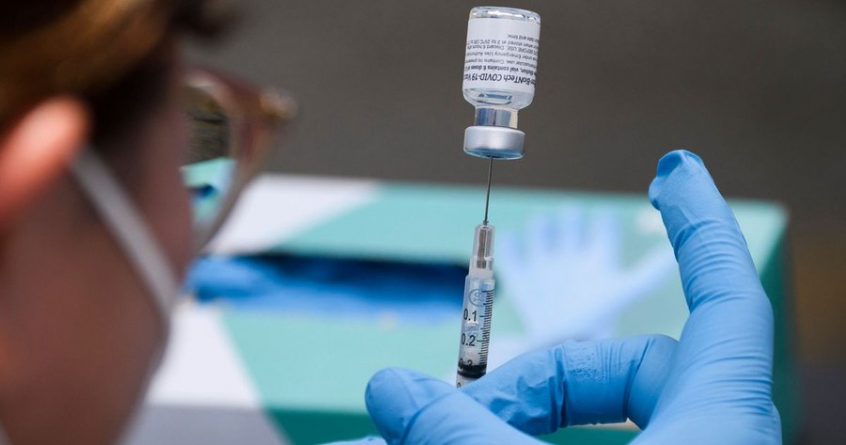A few weeks ago my husband and I obeyed the call and had our Covid booster jab. But I have a feeling of deep unease about vaccines being used for third doses when so many poorer nations haven’t started on their first.
This situation is highlighted in the latest report from Covax – the project for sharing Covid-19 vaccines around the world.
Vaccinations in low-income countries are well below estimates –1.425 billion vaccine doses by the end of 2021, instead of the two billion doses pledged.
According to Rory Horner of Manchester University, vaccine inequality isn’t lessening.
Only 280.5 million Covid-19 vaccine doses have been distributed through Covax as of September 15.
So it does not sit well that some richer countries, including the US and the UK, have been rolling out boosters and vaccinating younger people before many vulnerable adults have had one dose. It seems low-income countries can’t get a place in the vaccine queue.
And we have undermined Covax by buying much of the vaccine supplies from manufacturers. On average, three Covid-19 vaccine doses have been administered per 100 people in low-income countries.
That’s compared to more than 120 doses per 100 in richer countries, where many people have had more than one dose each.
Covax has asked countries with high vaccine rates to forgo their places, and for donations from countries with many people already vaccinated, like us.
The UK pledged to give 100 million doses to “poor countries”, yet so far, has delivered only 5.1 million doses to Covax and sent just 10.3 million abroad in total. Worse, the UK has actually taken doses from Covax, which it has a right to, whereas many other wealthy countries have waived their rights.
The same month we made our 100 million-dose pledge, we received 539,000 doses from Covax, which was more than double the doses Covax sent to Africa over that period.
I’m now a shocking statistic making inequalities worse.
In August, the WHO called for a moratorium on boosters until the end of September, recently extended until the end of 2021, but it didn’t deter us from launching our booster programme.
Mike Ryan, boss of the WHO’s Health Emergencies Programme, described boosters as being like handing out life jackets to people who already have one while leaving those without to drown.
And now we’re on the brink of rolling out vaccinations in 12 to 15-year-olds, further undermining vaccine equity.
Sarah Gilbert, lead developer of the Oxford/AstraZeneca vaccine, and the WHO’s Mike Ryan both argue low-income countries need doses more. I agree. It’s Covax that needs a booster.

